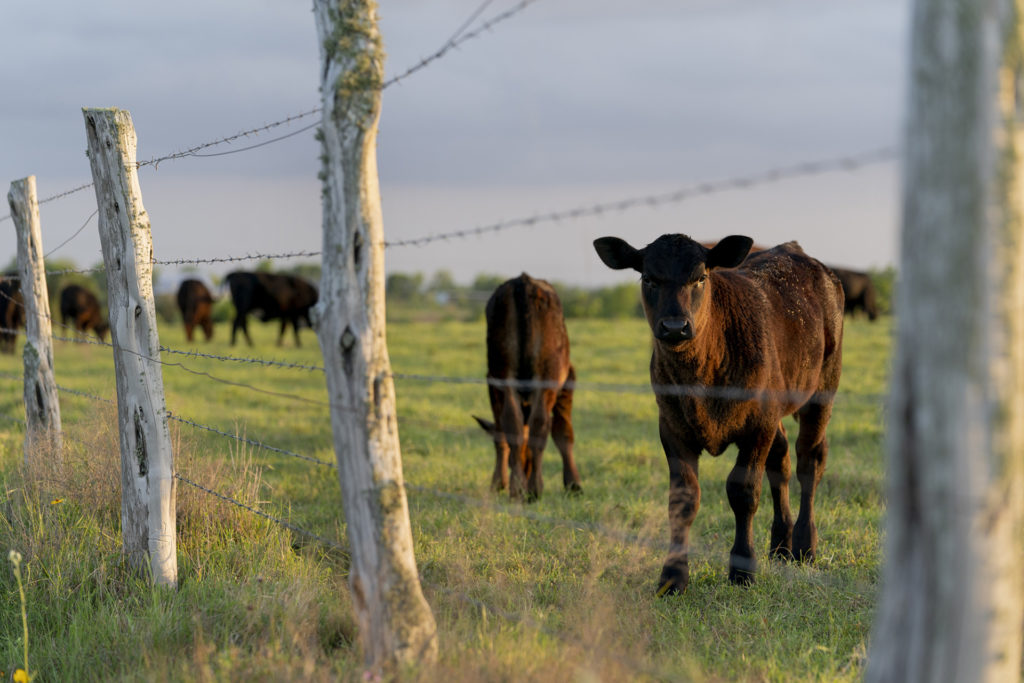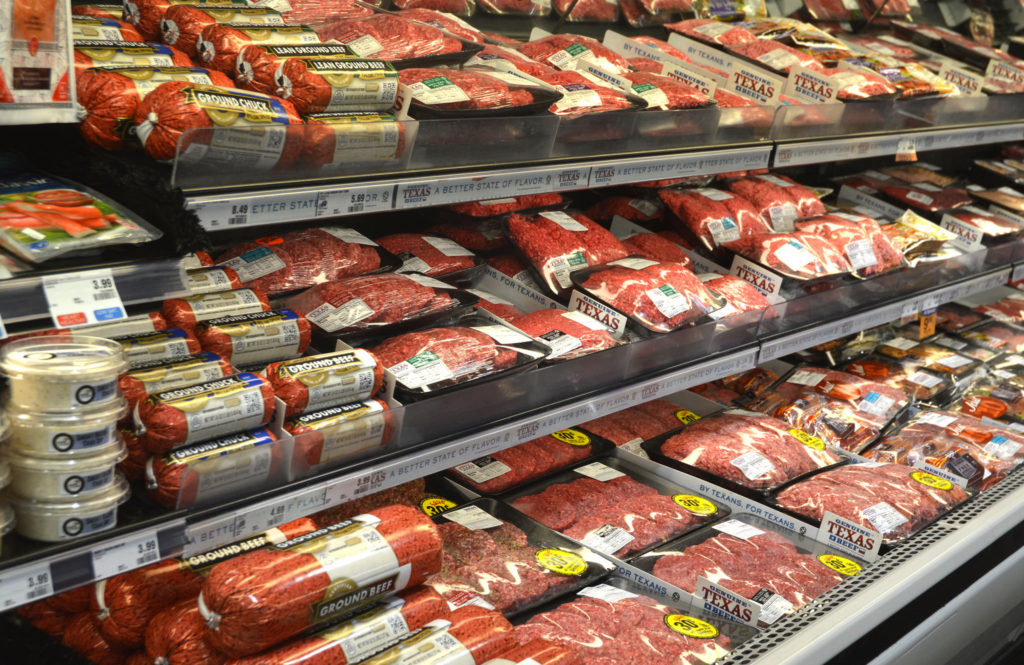Agricultural and Food Policy Center at Texas A&M to host vital cattle industry workshop
June 3-4 workshop in Kansas City will inform center’s report to Congress
The U.S. Department of Agriculture has tapped the Agricultural and Food Policy Center, AFPC, at Texas A&M University to analyze a number of issues related to cattle markets, particularly in light of disruptions caused by COVID-19.

As part of its ongoing work, the AFPC – a joint activity between Texas A&M AgriLife Research, Texas A&M AgriLife Extension Service and Texas A&M – will host a workshop from June 3-4 at the Kansas City Marriott Downtown in Kansas City, Missouri.
There is a $50 per person registration fee, and the workshop is open to anyone interested in the U.S. beef sector. Registration will be limited to the first 150 people who register to allow for adequate social distancing.
For a full agenda and to register, go to https://tinyurl.com/2m9py844.
Workshop purpose and content
“The primary purpose of this workshop is for AFPC researchers to gather important information on the cattle industry in response to a request from the Committee on Agriculture in the U.S. House of Representatives,” said Bart Fischer, co-director of the AFPC. “That information will then be presented to Congress.”

The U.S. beef sector experienced a number of setbacks due to the Covid-19 pandemic, including fluctuating supplies and prices, labor shortages and disruptions in the beef supply chain. This led to increased interest in the way the industry is structured, pricing and purchasing challenges, and barriers affecting entry into the sector.
“The bipartisan House Agriculture Committee request, which came through the office of now former U.S. Secretary of Agriculture Sonny Perdue, was to engage agricultural policy centers in addressing current issues and trends in the cattle industry, as well as provide a thorough description of the current packing sector,” Fischer said.
As part of its work, AFPC commissioned papers on specific industry topics from experts around the country. Those papers will be presented at the workshop, where presenters and other experts will be invited to offer their perspectives.
Topics of papers and authors
— How the Industry Got Here, Derrell Peel, Ph.D., Oklahoma State University.
— Price Discovery and Price Determination, John Anderson, Ph.D., University of Arkansas.
— How Markets Work, Chris Bastian, Ph.D., University of Wyoming.
— New Research in Fed Cattle Markets, Ted Schroeder, Ph.D., Kansas State University.
— Another Look at Capacity and Supplies, Steve Koonz, Ph.D., Colorado State University.
— Price Reporting and Market Transparency, Josh Maples, Ph.D., Mississippi State University.
— Lessons from Other Markets, Scott Brown, Ph.D., University of Missouri.
— Various Triggers and Benchmarks, Justin Benavidez, Ph.D., Texas A&M/AgriLife Extension.
— Relating Fed Cattle Pricing to Cow/Calf Producers and the Rest of the Supply Chain, David Anderson, Ph.D., Texas A&M/AgriLife Extension.
“Those papers, along with everything learned from the workshop, will be compiled into a report that will be submitted to Congress at the end of the summer,” said Joe Outlaw, Ph.D., AgriLife Extension agricultural economist and AFPC co-director, Bryan-College Station. “In an effort to facilitate the free-flow of information, the workshop is being held in person and much of the discussion will be informal.”


